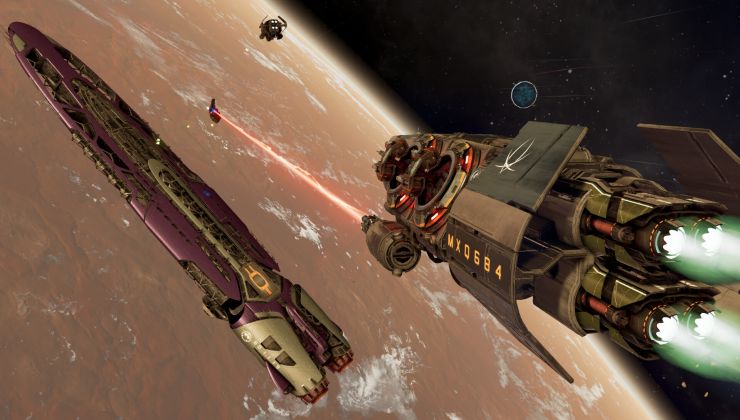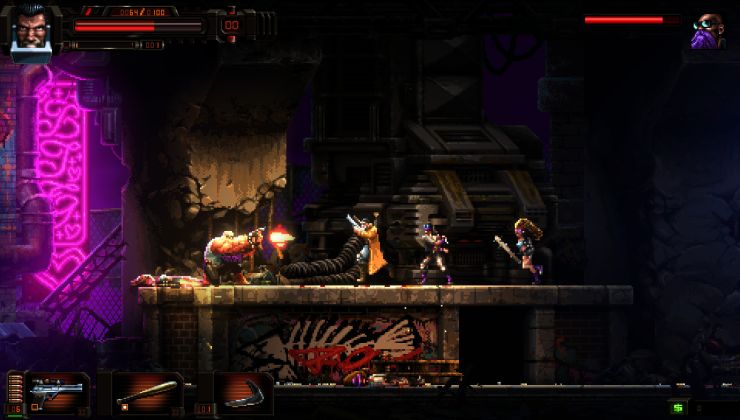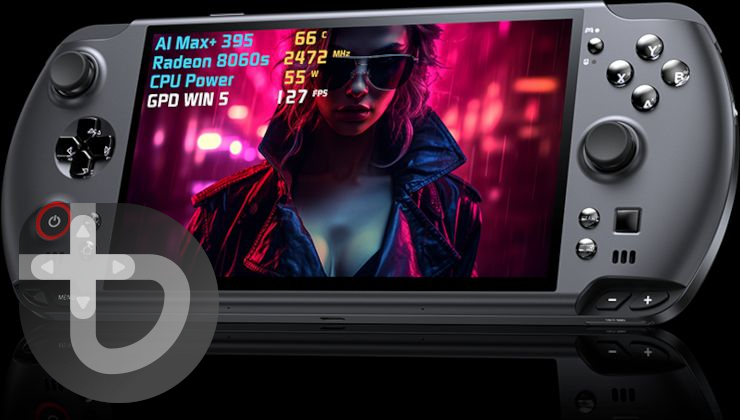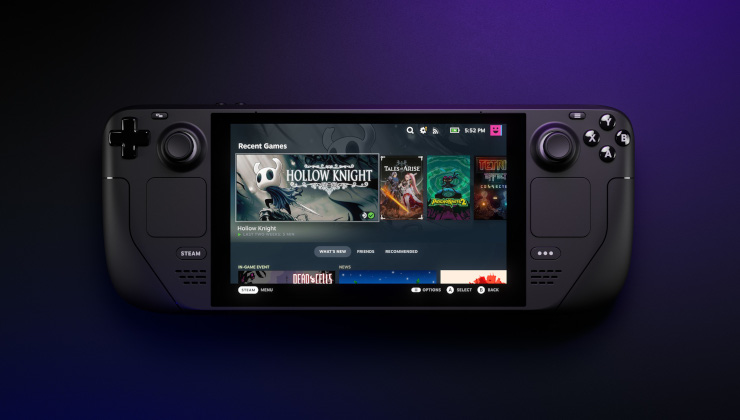More preparation work being done for the Steam Deck landed in Gamescope, the Wayland-based micro-compositor, with it officially landing support for AMD FidelityFX Super Resolution (FSR). This is thoroughly interesting, as the official Steam Deck FAQ did mention how Valve planned to have AMD FSR "be included as part of an OS future release".
For those not clued up - Gamescope is what the Steam Deck will use in the main Steam session (not the desktop mode). Any time you load up a game on the Steam Deck normally, it will be run through Gamescope to control the display of it. Behind the scenes Gamescope can do all sorts like spoofing a virtual screen with a set resolution and refresh rate, control the output and resize it, force an FPS limit, allow you to set an FPS limit for the game when unfocused and more.
We don't know yet how the Steam Deck will present an AMD FSR option to players, although it will likely be relatively easy with options built into the Deck UI.
On a traditional desktop Gamescope has many great uses, like dealing with games that have problematic fullscreen modes (since it won't mess with your actual desktop) and a contributor previously showed off testing the built-in scaling methods too. For a bit of background, Valve developer Pierre-Loup Griffais did a talk on Gamescope during XDC 2020 that you can check out in another article.
Last edited by Jahimself on 1 Feb 2022 at 10:34 am UTC
Regrettably, it doesn't support native Wayland clients as of now.
I've been keeping my eyes on this one!
What makes Gamescope even more useful is that it has other scaling modes, besides FSR, such as integer scaling that can produce a much sharper image in some cases.
Quoting: CybolicWhile I haven't had any use for FSR on my desktop, I can definitely see it being useful on a 7-inch screen with limited battery life! It wouldn't surprise me if some games even look better than native with a bit of that sharpening on the small screen.Seriously doubt that with such a low resolution you will ever get better looking result, because the source resolution will have to be even lower and there just might not be enough information to upscale in the first place, definitely not with reasonable quality. With FSR being applied fullscreen you will also get all texts and HUD scaled, and just that will be noticable on its own (it is noticable when you apply FSR on 1440p using ultra quality preset => which effectively scales 1108p to 1440p). This will most likely be utilized for external monitors and some heavy games where people will accept the quality loss.
I can also imagine it being used in simple games where the scaling might not affect the quality much (some simple 2D games?) where it could possibly improve battery life.
Waited a long time for this. Its pretty usefull if you have an older GPU like mine.
You can use the -U argument to enable FSR for gamescope and you can even toggle FSR on and off with the "Super + U" keycombo.
Praise Gaben :D
Last edited by DrDickGind on 1 Feb 2022 at 4:39 pm UTC
Its a issue many don't know exists it seems; I would report it but there is no one place for FSR related issues like this so it will likely remain a thing.
Quoting: SolitaryI don't think you need to lower the game resolution in order to use the RCAS sharpening part of FSR.Quoting: CybolicWhile I haven't had any use for FSR on my desktop, I can definitely see it being useful on a 7-inch screen with limited battery life! It wouldn't surprise me if some games even look better than native with a bit of that sharpening on the small screen.Seriously doubt that with such a low resolution you will ever get better looking result, because the source resolution will have to be even lower and there just might not be enough information to upscale in the first place, definitely not with reasonable quality. With FSR being applied fullscreen you will also get all texts and HUD scaled, and just that will be noticable on its own (it is noticable when you apply FSR on 1440p using ultra quality preset => which effectively scales 1108p to 1440p). This will most likely be utilized for external monitors and some heavy games where people will accept the quality loss.
I can also imagine it being used in simple games where the scaling might not affect the quality much (some simple 2D games?) where it could possibly improve battery life.











 How to setup OpenMW for modern Morrowind on Linux / SteamOS and Steam Deck
How to setup OpenMW for modern Morrowind on Linux / SteamOS and Steam Deck How to install Hollow Knight: Silksong mods on Linux, SteamOS and Steam Deck
How to install Hollow Knight: Silksong mods on Linux, SteamOS and Steam Deck